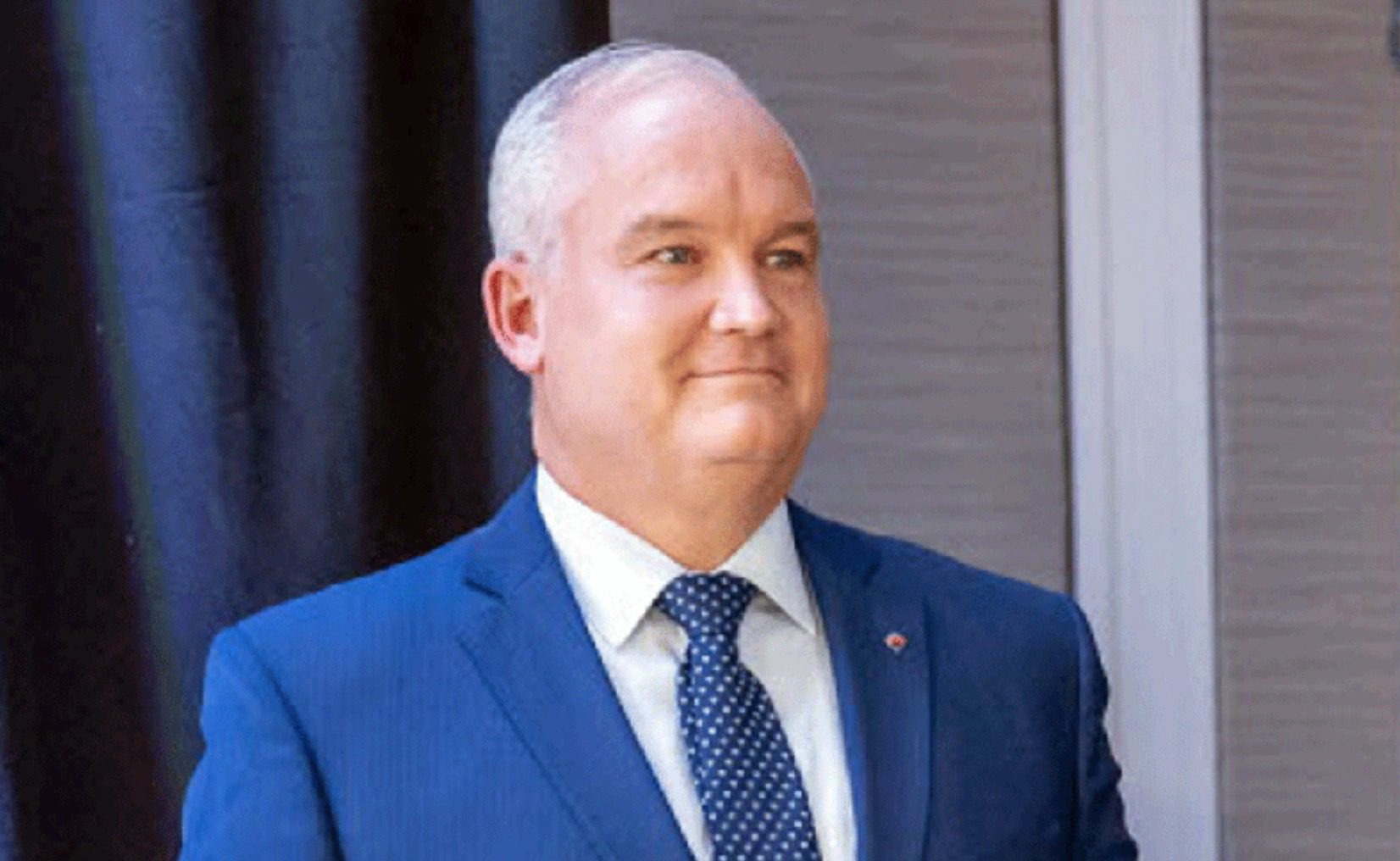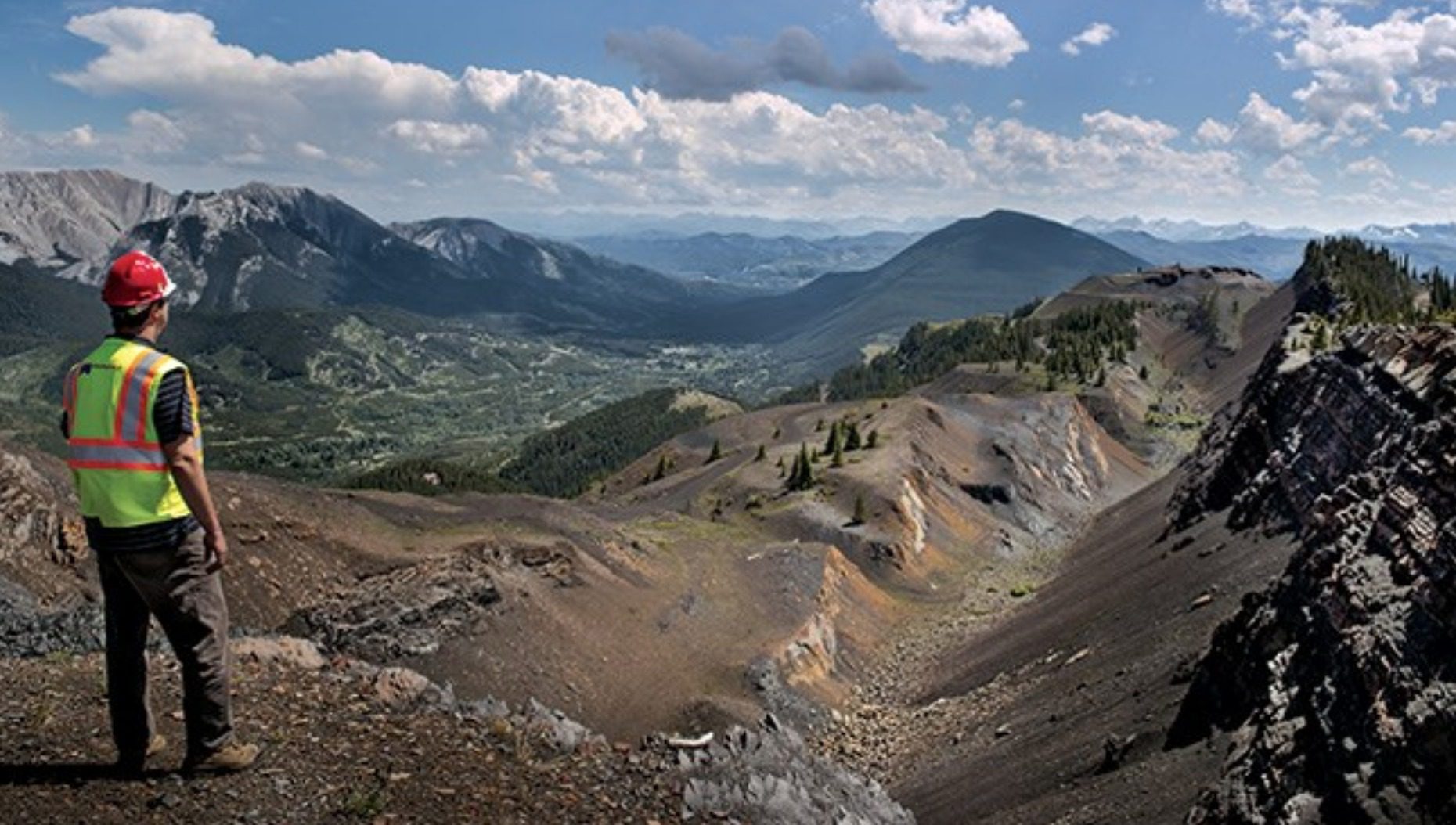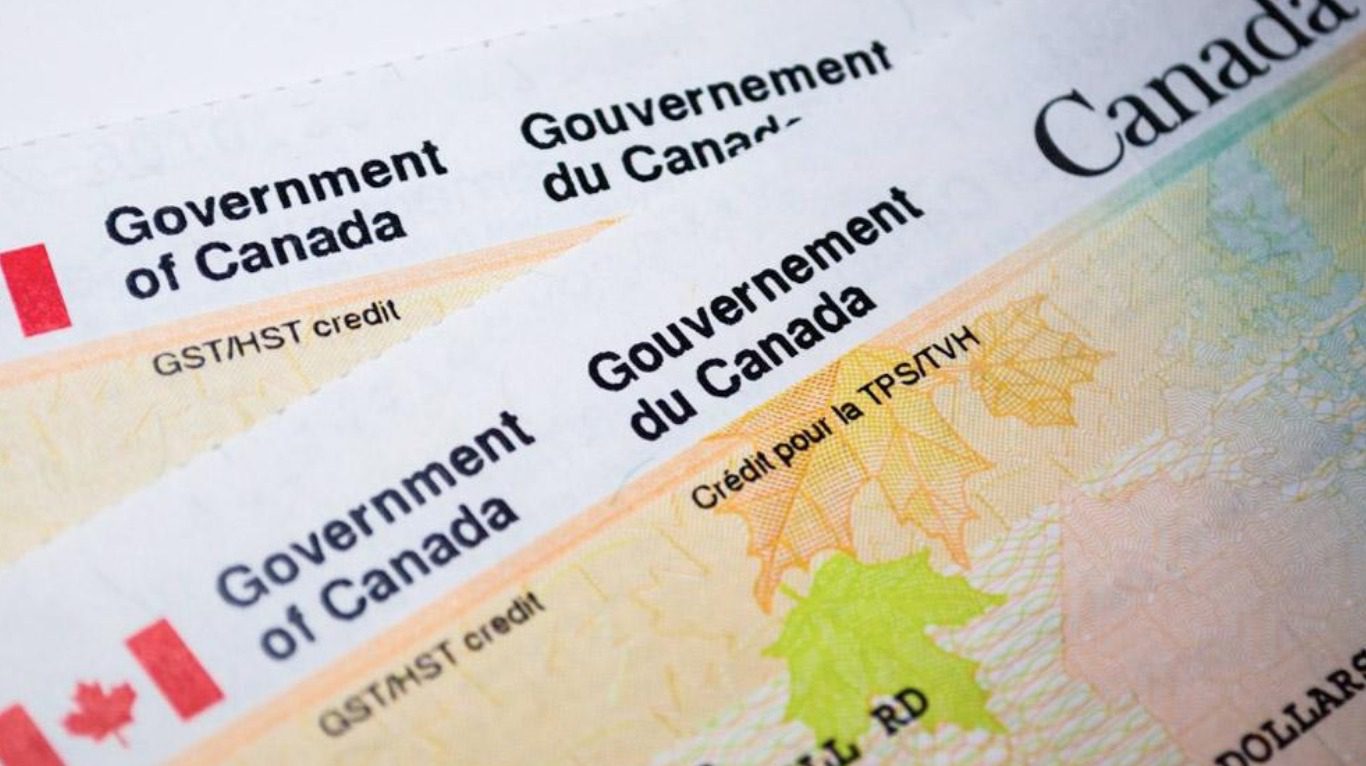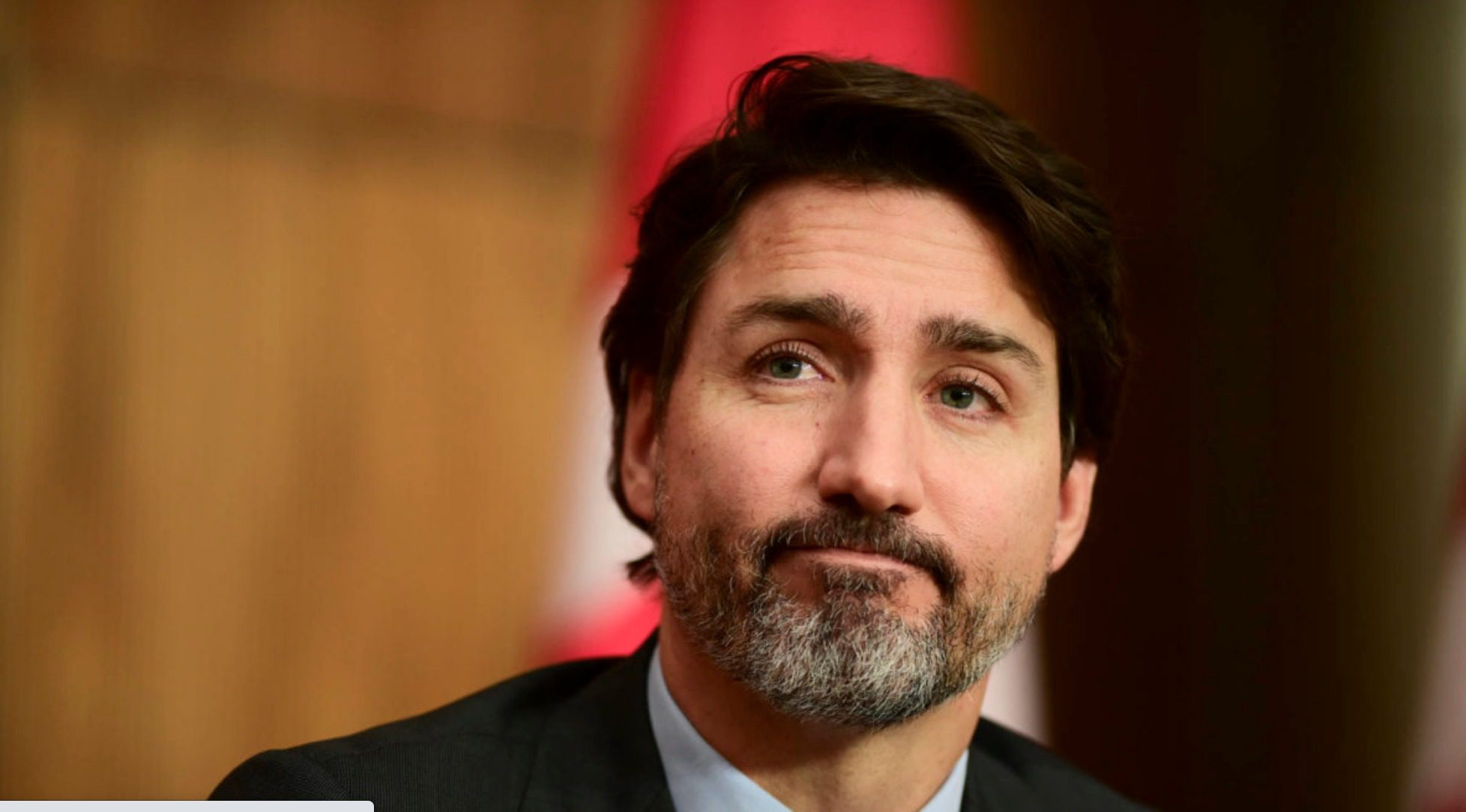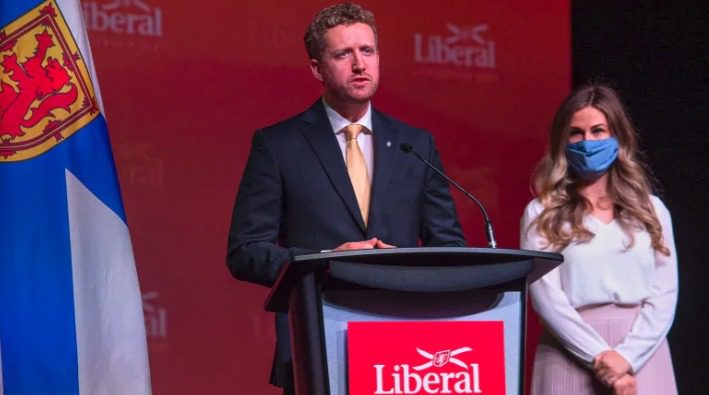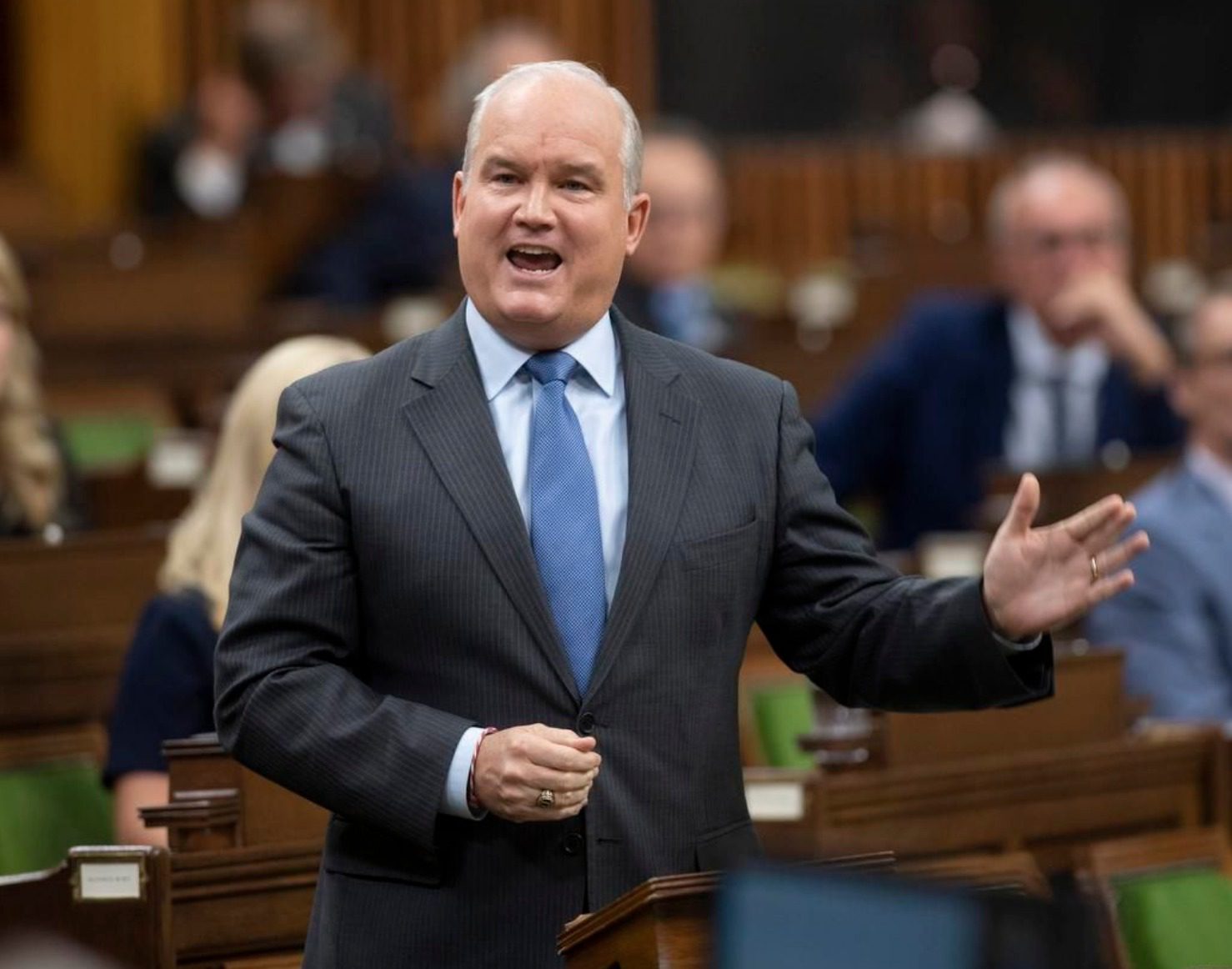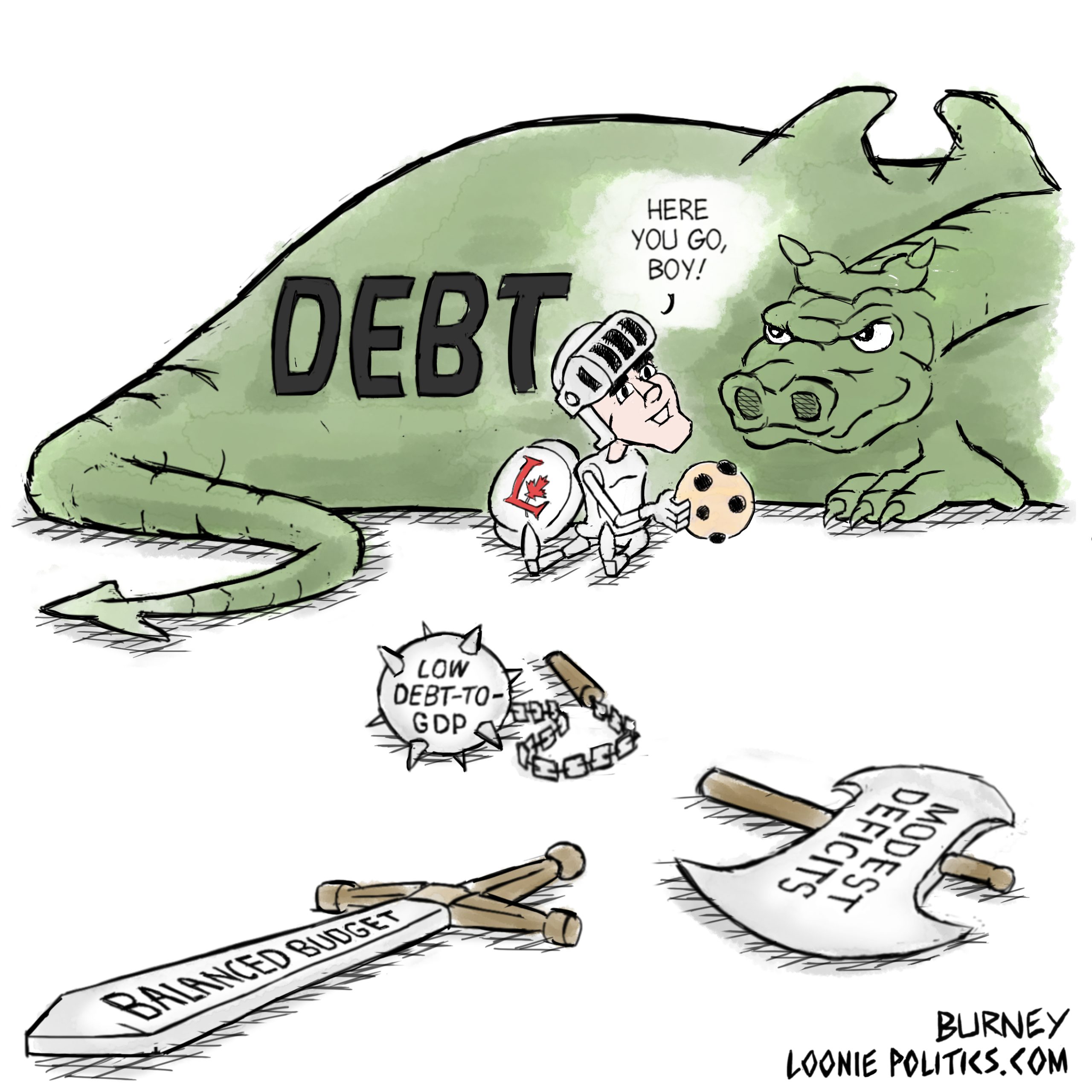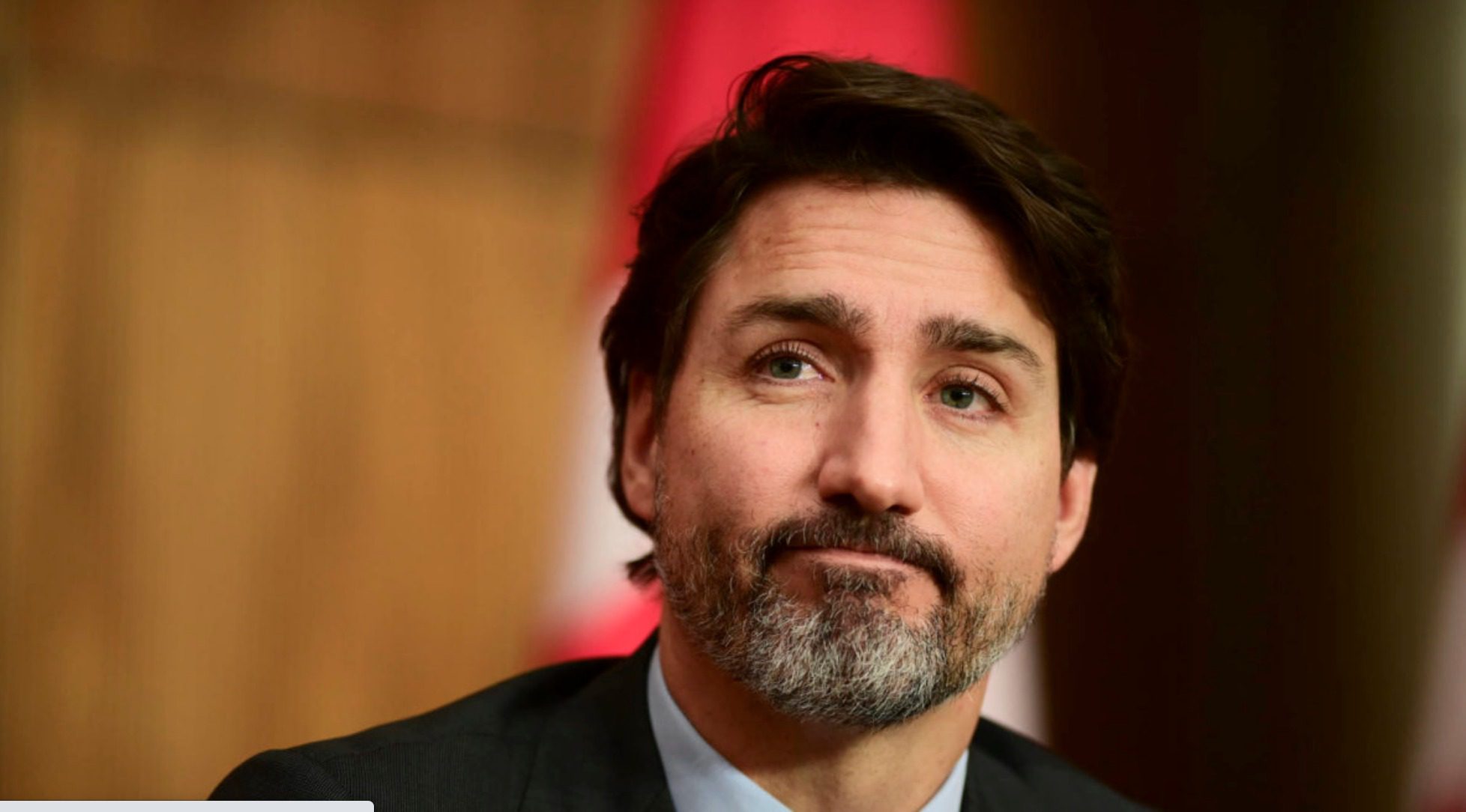As Erin O'Toole starts outlining his vision for a post-COVID economic recovery, there are signals that he is sending out, too loud to be ignored, that he has taken none of the lessons that this pandemic has offered. The current economic crisis is not your typical recession or economic slowdown, and it has shown to have a disproportionate impact on women and visible minorities because of the ways in which industries they overwhelmingly work in have been hit. But does anything O'Toole proposes deal with the actual economic damage we've seen, or those who have been impacted by it? Of course not. O'Toole is bound by particular ideological guideposts, and his plans to address the "she-session" is to focus on a bro-covery.
Since he was made Conservative leader, O'Toole has been laying out a vision of re-shoring manufacturing in Canada in part out of an embrace of protectionism, but also out of a sense of trying to foment a paranoia about Communist China. This isn't to say that there aren't problems with China, because there are, and this pandemic has shown us that there is a legitimate need for some level of domestic production of strategic supplies including PPE but it's going to be incredibly difficult to disentangle much of our commercial manufacturing from China. We are a society that worships on the altar of cheap telling people that we're going to deny Walmart and Dollarama their ability to source cheap goods from China is going to be an incredibly hard sell.
O'Toole's other focus has been on natural resources doubling down on Alberta's failed policy of providing false hope that there is another oil boom just around the corner that will solve all of its fiscal ills. There isn't the shale revolution killed that dream, along with the impending rapid decarbonization of the economy, and Alberta needs to seriously transition, which O'Toole seems oblivious to. Nevertheless, the focus on these two sectors is not exactly looking at where the actual hurt in our economy is these days, which is in services something that O'Toole has been entirely silent about.
O'Toole has also been silent about the need for childcare as a cornerstone of the recovery. We've seen the effect that this pandemic has had on women in the workforce, as too many of them have had to either take leave or quit their jobs to take care of children who have been kept at home from school or childcare because of the spread of COVID. And this isn't just because of the pandemic we knew this beforehand, and it was integral in the plans for "inclusive growth" that those radical ideologues at the Bank of Canada were talking about as being necessary for sustained economic growth. Getting more women and marginalized groups into the workforce is key to our sustained economic growth, and for that to happen, there needs to be actual childcare which is a supply-side problem in Canada at the moment.
O'Toole, however, has been dismissive of talk of both a green recovery and inclusive growth as being "ideological," and "risky experimentation" with the economy that will somehow hamper people getting jobs, which he claims are his driving motivation. The irony here, however, is that he is being ideological himself in his dismissal of these plans, because they conflict with his established notions about job creation. O'Toole's rhetoric is about getting back to normal, but the Old Normal is what led us to this place, and is why the pandemic has hit us as hard as it has. A desire to get back to Old Normal is as ideological as is the desire to "Build Back Better," as cringe-worthy as the term may be, because the pandemic exposed the cracks in our economic foundations that too many successive governments have simply papered over in the hopes that they would go away. The focus on manufacturing and natural resources is also indicative of a belief in the kinds of trickle-down economics that supposes that these jobs will be what supports the rest of the service economy around it, when the service economy is in part of what is driving us now. For instance, IT services now makes up a larger share of our GDP than mining and oil and gas combined.
We also cannot ignore the other signals that O'Toole has been sending out about just whose jobs he cares about. When Statistics Canada's job numbers were released on Monday, citing that the brunt of the job losses were among women and visible minorities because they were largely concentrated in wholesale and retail trade, as well as accommodation and food services, O'Toole and his comms team chose to illustrate his concern with a stock photo of a young white guy in a hoodie as though they felt that this was the face that would garner more sympathy from his voter base. A day later, he tweeted about championing Canada's workers, and illustrated it with a stock image of a white guy on a construction site never mind that the very same StatsCan figures released this week showed that there were actually job gains in the construction sector. But these images showcase just who O'Toole thinks needs his help.
It was also telling that in the week that O'Toole shuffled up his Shadow Cabinet, he created a new post of critic for COVID economic recovery and made the face of this recovery James Cumming, an otherwise bland, middle-aged white guy. For an economic crisis that has hurt women and minorities the most, O'Toole has exclusively focused on male-dominated sectors, and on showcasing the plight of white guys like him, while dismissing the concerns of getting women and minorities into the workforce. For a party that likes to brand itself as good economic managers, they can neither read the concerns of the marketplace, nor see the direction that the market is heading in terms of a green recovery. This is tone-deaf and they aren't even fighting the last war they are fighting three, maybe four wars past. If a bro-covery is the best that O'Toole has to offer, he shouldn't be surprised by the fact that his polling numbers are so low in the demographics he needs to reach out to.
Photo Credit: Saltwire.com



